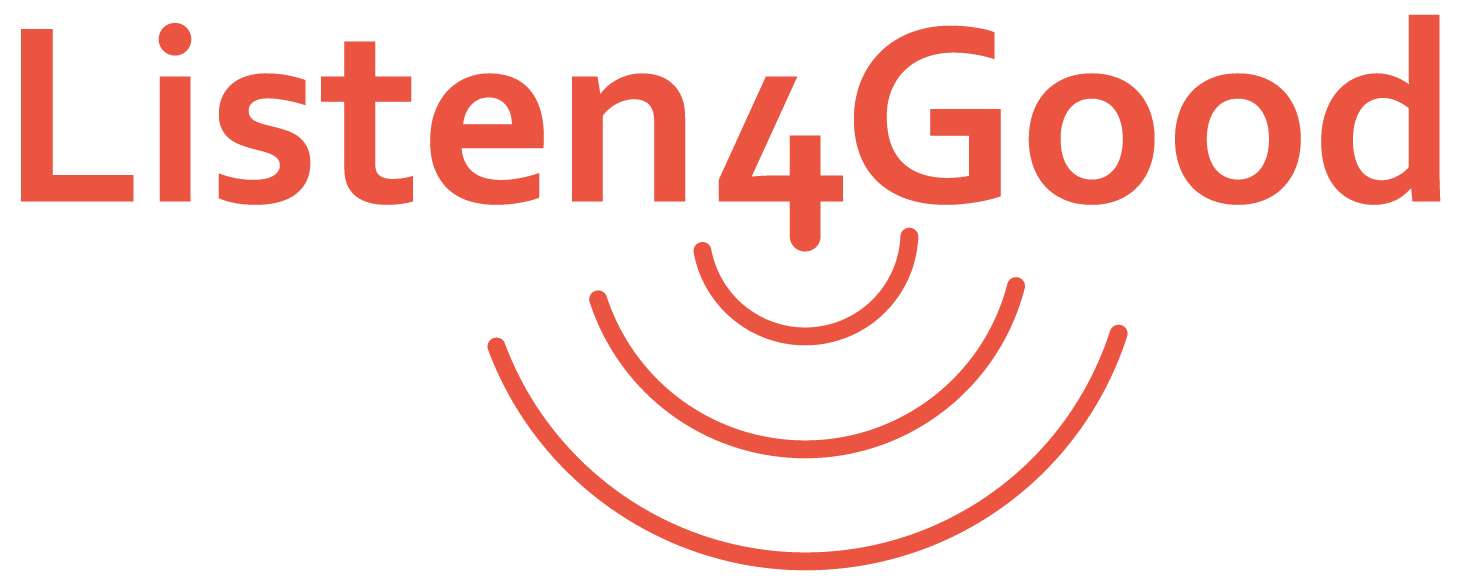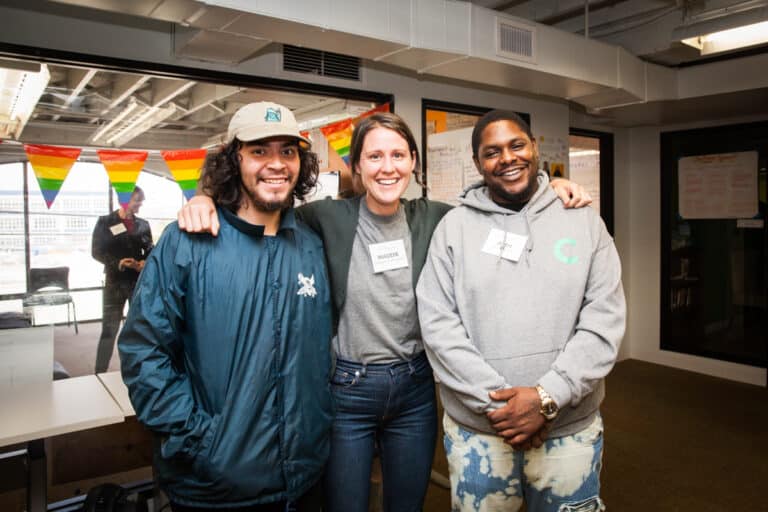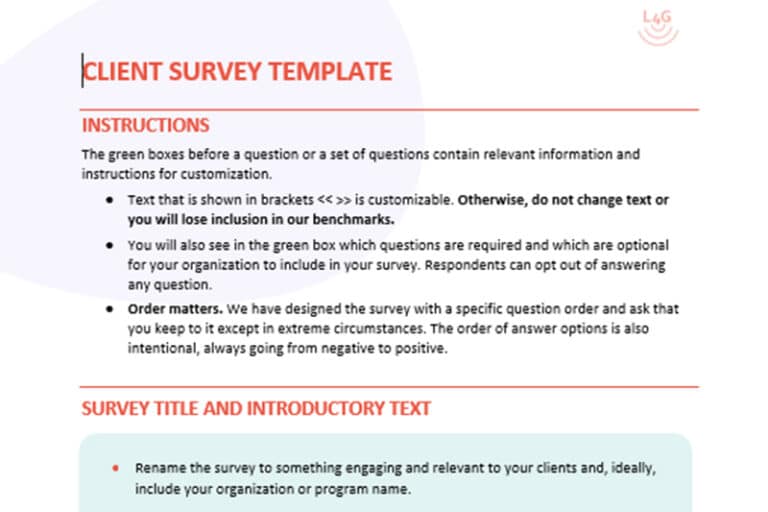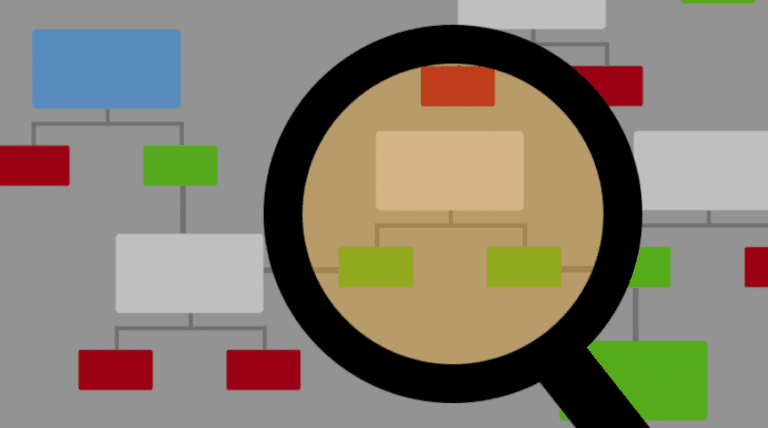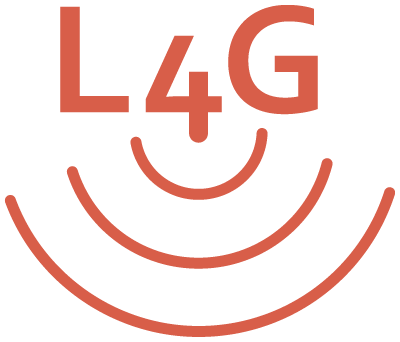How can I get other staff at my organization on board with feedback?
The first thing to do is to have some empathy for your fellow staff! Staff at your organization may feel wary about feedback for a couple reasons: There is no right or wrong way to build staff buy-in and sometimes it simply takes time, or one full feedback loop to see progress. Below are a…
